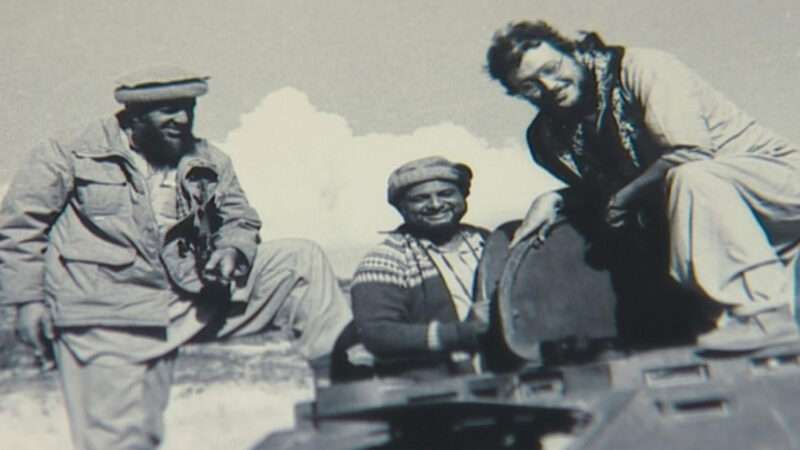
Jamal Khashoggi, a prominent Saudi journalist formerly favored by the royal family, left his native country in 2017 and moved to the United States. He began writing a Washington Post column that criticized Crown Prince Mohammed bin Salman, a.k.a. MBS, for squelching even the mildest dissent, arbitrarily arresting perceived enemies, and prosecuting a genocidal war in Yemen. A year after Khashoggi launched his column, Saudi intelligence agents lured him to the country’s consulate in Istanbul under false pretenses, killed him, and dismembered his body.
The Showtime documentary Kingdom of Silence, which traces the deadly evolution of Khashoggi’s attitude toward the Saudi regime, poses a couple of puzzles. Despite his oppressive and murderous tendencies, MBS successfully passed himself off in some Western circles as an enlightened reformer. And despite his history as an Osama bin Laden confidante, self-censoring journalist, and apologist for his country’s rulers, Khashoggi eventually embraced a political agenda, including freedom of expression and equal rights for women, that was completely at odds with the Saudi government’s fundamental illiberalism.
Credulous Americans’ positive portrayal of MBS looks like an attempt to prettify the U.S. government’s longstanding coziness with loathsome autocrats, always justified by “national interests.” It is harder to understand Khashoggi’s abiding loyalty to a state that is synonymous with a brutal and corrupt clique of plutocrats.
Khashoggi, who chafed at government control of the news media, was inspired by the Arab Spring, alarmed by arrests of his friends, and disappointed by MBS. But to the end, the insider-turned-outsider imagined that he could nudge the Saudi leader in the right direction through carefully calibrated criticism and praise. That illusion was shattered at the consulate in Istanbul, where Khashoggi warmly greeted an old acquaintance—one of the assassins who had been sent to silence him.
from Latest – Reason.com https://ift.tt/3xTEx0V
via IFTTT